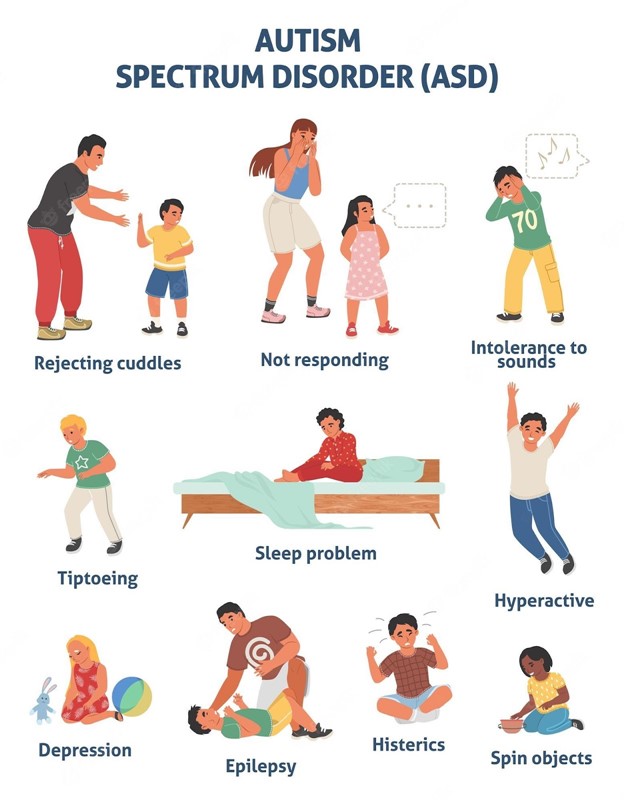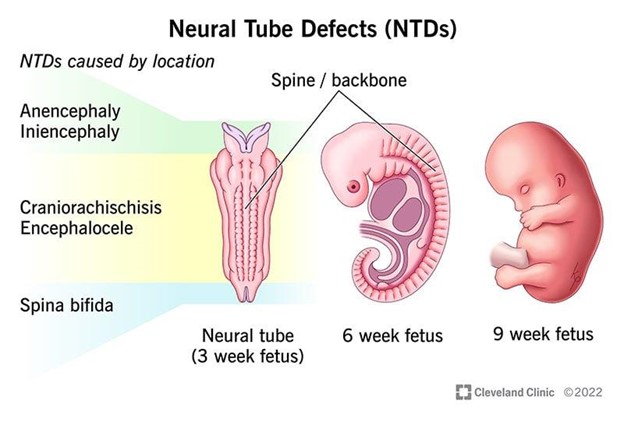The nurse is teaching the parents of a child with a newly diagnosed Growth Hormone Deficiency. From the answers below, what should she include in her teaching
Always infantize the child
Monitor for leukémia
Help the parents set realistic goals based on the child's age and abilities
This illiness is only seen in males
The Correct Answer is C
A. Always infantize the child
Incorrect Explanation: "Infantizing" a child with a growth hormone deficiency is not a relevant or appropriate approach.
Explanation: Growth hormone deficiency is a medical condition that affects a child's growth. Treating the child as an infant could potentially have negative psychological and social effects. It's important to provide appropriate support and understanding without treating the child differently due to their medical condition.
B. Monitor for leukemia
Incorrect Explanation: Monitoring for leukemia is not directly related to growth hormone deficiency.
Explanation: Growth hormone deficiency primarily affects a child's growth and development due to inadequate production of growth hormone. While there might be certain health concerns associated with the condition, monitoring for leukemia is not a common aspect of managing growth hormone deficiency.
C. Help the parents set realistic goals based on the child's age and abilities
Correct Explanation: This is an important aspect to include in teaching.
Explanation: When a child is diagnosed with growth hormone deficiency, it's crucial for parents to set realistic expectations regarding their child's growth. Growth hormone therapy can help, but it's essential to understand that the child's growth might still differ from their peers. Setting realistic goals based on the child's age and abilities can help manage expectations and provide appropriate support.
D. This illness is only seen in males
Incorrect Explanation: Growth hormone deficiency is not limited to males.
Explanation: Growth hormone deficiency can affect individuals of any gender. It is not exclusive to males. The condition results from insufficient production of growth hormone by the pituitary gland, and it can occur in both males and females.
Nursing Test Bank
Naxlex Comprehensive Predictor Exams
Related Questions
Correct Answer is D
Explanation
a. Allow for adjustment of rules to correlate with the child's behavior: While flexibility can be important, allowing rules to be adjusted based on behavior can lead to inconsistency and confusion for the child. Consistent rules and expectations are crucial for children with ASD, as they thrive on predictability and structure.
b. Allow for imaginative play with peers without supervision: Children with ASD may have difficulties with social interactions and imaginative play. Supervision is important to ensure that play is safe, appropriate, and supportive of social skill development. Unsupervised play might not be beneficial if it leads to misunderstandings or conflicts.
c. Provide a flexible schedule that adjusts to the child's interests: Children with ASD generally benefit from a structured and predictable schedule rather than a flexible one that changes based on their interests. Predictability helps them feel secure and reduces anxiety. A flexible schedule could lead to increased stress and difficulty in transitioning between activities.
d. Establish a reward system for positive behavior: A reward system is an effective strategy for encouraging positive behavior in children with ASD. Reinforcement of desired behaviors helps to build and maintain new skills and can provide motivation. This approach aligns well with behavioral interventions commonly used with children on the autism spectrum.

Correct Answer is A
Explanation
A. Spina bifida.
Explanation: Correct Choice. Spina bifida is a neural tube defect (NTD) that occurs during early fetal development when the neural tube doesn't close completely. It can result in various degrees of spinal cord and nerve damage. This is a suitable example to include when teaching about neural tube defects.
B. Hydrocephalus.
Explanation: Hydrocephalus is not a neural tube defect itself. It's a condition characterized by the accumulation of cerebrospinal fluid in the brain, leading to increased intracranial pressure. It can be caused by various factors, but it's not directly related to neural tube development.
C. Cerebral palsy.
Explanation: Cerebral palsy is a group of motor disorders caused by damage to the developing brain, usually before birth. It is not a neural tube defect. Instead, it's related to brain injury or abnormal development.
D. Muscular dystrophy.
Explanation: Muscular dystrophy is a group of genetic disorders characterized by progressive muscle weakness and degeneration. It's not related to neural tube defects. Muscular dystrophy affects muscle tissue, while neural tube defects involve improper development of the neural tube.

Whether you are a student looking to ace your exams or a practicing nurse seeking to enhance your expertise , our nursing education contents will empower you with the confidence and competence to make a difference in the lives of patients and become a respected leader in the healthcare field.
Visit Naxlex, invest in your future and unlock endless possibilities with our unparalleled nursing education contents today
Report Wrong Answer on the Current Question
Do you disagree with the answer? If yes, what is your expected answer? Explain.
Kindly be descriptive with the issue you are facing.
